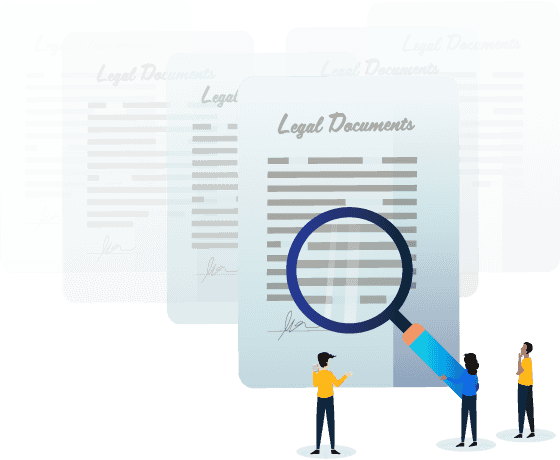An unfair preference claim will occur when a company, struggling to pays its debts, pays them to a creditor who has no preference over other creditors owed. In the event that the company then enters liquidation, the liquidator may make an unfair preference claim against the creditor to return the debt value. However, there are four elements that must be first met for the claim to succeed. Likewise, the creditor may refute the claim.
Here’s everything you need to know about these claims.


Making the claim
The claim will be made by the liquidator appointed to the indebted business. The claim will be made against the paid creditor for the value of the debt paid. If the claim is successful, the money is placed into the pool from which the liquidator pays out all creditors. These are the elements that must be satisfied.1. The indebted company must be have been insolvent at the time it paid out the debt
Insolvency means that the company’s debts are greater than their profits. Though, this doesn’t mean that the company is unable to trade. In fact, many young companies looking to raise funds may run the risk of insolvency as more resources are placed in developing their business than the funds they are generating. However, for an established company, insolvency may indicate the risk of bankruptcy. This element is required for an unfair preference claim as the claim must be that the company was unable to pay its debts as they fell due.
Get your Loan Agreement now for free.
Set out and clarify the terms of your loan with our legally-binding Loan Agreement.
Get now2. The payment must have been made in relation to unsecured debt
Unsecured debt refers to debt that is not tied directly to a specific item. Australian law doesn’t actually define what an unsecured debt is. Rather, it defines a secured debt. Secured debt means that when the creditor provides the money, the item purchased with the money is placed as collateral to secure the loan in case of default. These debts can be secured by:- A mortgage or charge.
- Consigned goods.
- Bailment.
- Retention of title by the creditor until the debt is repaid.
3. The payment gave the creditor an advantage over the other unsecured creditors
This is a basic requirement, but the liquidator merely needs to show that the payment to the creditor was beneficial to them. This is on a balance and merely needs to show that the benefits outweighed the detriments. However, it’ll be rare that the repayment will be detrimental.4. The payment occurs within a certain period of the company entering into liquidation
Known as the ‘Unfair Preference period’, normally this period is around six months from the date the liquidation commenced. In the case of voluntary liquidation, this will be from the date the liquidator was appointed. If it is by court order, it will be from the date the winding-up application was submitted to appoint the liquidator. In the case it is the latter of these two situations, the period may extend beyond six months.Defences available to the creditors
The creditor may defend themselves from the claim. There are four main defences.1. They did not suspect insolvency
The creditor must prove to the court that there were no reasonable grounds for them to have suspected the debtor was insolvent at the time they received the payment.2. The debt was secured
This directly rebuts the second element of the claim, but if the company can prove the debt was actually secured the claim will fail.3. The running account defence
This is an argument that during the Unfair Preference period there has been ongoing trade. In Australia, the calculation is the difference between the peak indebtedness during the Unfair Preference period and the final amount owing. If the peak is greater the final amount, there may be a potential preference. If the final amount is higher, then there is no preference.4. Set-off the debt
This allows the creditor to set off the payment against its own debts to other customers. So, where the creditor applies for a payment of $10,000 from the liquidator, if they owe a customer $5,000 it may be reduced to this value with preference. Though for this to occur, the creditor needs to prove that they were still unaware of the insolvency.Concluding
Ultimately an unfair preference claim serves to protect creditors from unfair treatment by the debtors. Often, these claims will result from unsecured creditors pressuring debtors to repay them despite holding no preference. If you are unsure of your businesses rights or have an unfair preference claim against it, it is best to contact a lawyer to discuss your options.




